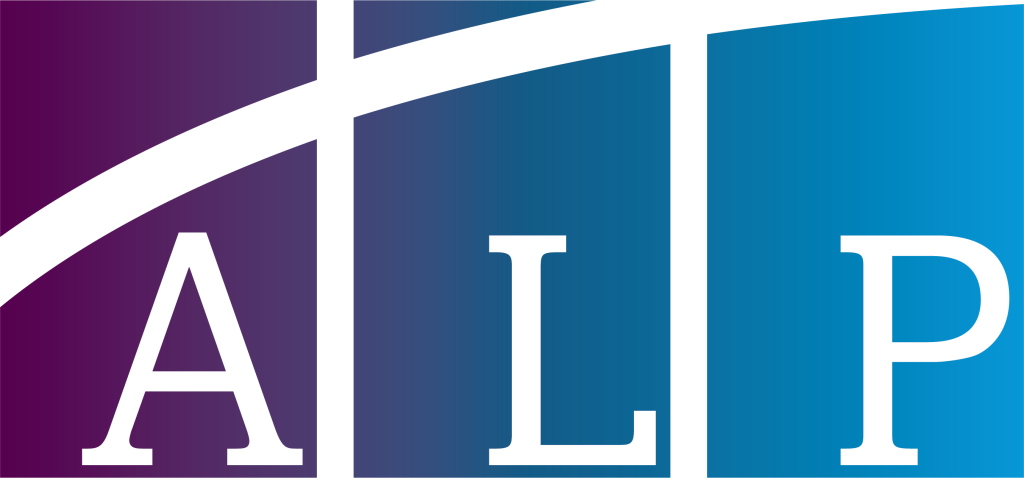
Enhancement and Development of Policies
Review of Existing Policies
- Conducted a thorough review of 52 policies (33 new policies to be developed and 19 existing policies for enhancement).
- Identified gaps, redundancies, and outdated sections requiring updates.
- Focused on critical areas, including governance, operations, risk management, and regulatory compliance.
Regulatory Compliance Alignment
- Reviewed regulatory guidelines from the Central Bank of Sudan, UAE, and Bahrain to align policies with:
- Local banking regulations for Sudan’s domestic operations.
- International compliance frameworks for the bank’s Bahrain and UAE branches.
- Benchmarked policies against global best practices to ensure they met evolving standards in Islamic finance, corporate governance, and risk management.
Policy Framework Design and Expectations
- Engaged with key stakeholders (senior management and department heads) to define:
- Bank-specific objectives for each policy, including operational clarity and risk mitigation goals.
- The required level of detail to ensure policies are actionable and aligned with business needs.
- Standardized formats and structures to ensure consistency across all policies.
Development and Enhancement of Policies
- New Policy Development:
- Drafted 33 new policies to address emerging risks, operational processes, and regulatory requirements.
- Focus areas included AML/KYC, risk management, cybersecurity, credit policies, and internal controls.
Process Mapping and Re-Engineering
- Conducted an in-depth analysis of existing workflows, identifying bottlenecks in:
- Customer onboarding and loan approvals.
- Back-office operations and transaction processing.
- Policy Enhancement:
- Updated and improved 19 existing policies to bridge identified gaps and align with current business and regulatory requirements.
- Incorporated enhancements for clarity, detail, and practical applicability.
Governance and Iterative Feedback Process
- Established a bi-weekly governance framework, including:
- A committee with senior stakeholders from both sides to monitor progress and resolve roadblocks.
- Approval of Tables of Content (ToC) for each policy before drafting.
- Ensured an iterative development process by incorporating stakeholder feedback into policy drafts.
- Finalized policies through structured reviews, with timelines agreed for comments and approvals to maintain project momentum.
Fraud Risk Assessment
Comprehensive Fraud Risk Evaluation
- Assessed the bank’s fraud prevention, detection, and investigation mechanisms across all operational channels and transaction volumes.
Channel-Specific Fraud Control Review
- Reviewed fraud controls across:
- Branch Operations: Employee fraud risks, dual authorization, document handling, and KYC processes.
- Mobile and Internet Banking: Multi-factor authentication, transaction limits, encryption tools, and anti-phishing measures.
- Call Centers: Customer authentication protocols and processes for handling sensitive information.
Digital Onboarding Fraud Controls
- Evaluated readiness of the digital onboarding platform:
- Use of biometric verification and OCR tools for document validation.
- KYC/AML compliance and detection of anomalies during onboarding.
Stakeholder Interviews
- Conducted interviews with Fraud Risk, Internal Audit, Compliance, IT, and Operations teams to gather insights and identify areas requiring improvement.
Review of Fraud Detection Tools
- Assessed effectiveness of technological tools for fraud detection:
- Real-Time Monitoring: Centralized systems for immediate flagging of suspicious activities.
- AI-Based Analytics: Machine learning for identifying fraud patterns and reducing false positives.
- Predictive Detection: Anomaly detection algorithms for proactive fraud identification.
Policy and Procedure Analysis
- Reviewed fraud-related policies for alignment across branches and digital platforms.
- Identified gaps and proposed improvements to strengthen fraud prevention and response frameworks.
